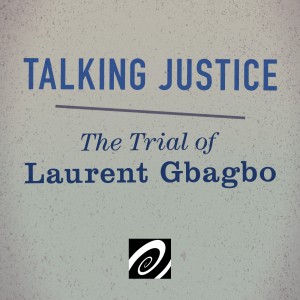Laurent Gbagbo, the former president of Ivory Coast, goes on trial this week before the International Criminal Court in The Hague, charged with four counts of crimes against humanity.
It is the first time the ICC has tried a former head of state.
But is the court promoting “victors’ justice,” by putting the former president on trial, while atrocities committed by his rivals to go unpunished.
Will the trial help or hinder the ICC’s troubled relations with African states?
The first edition of “Talking Justice,” a new monthly series of audio programs from the Open Society Foundations, looks at the issues raised by the court’s response to the a short but brutal conflict in Ivory Coast that erupted after disputed elections in November 2010.
According to Eric-Aimée Semien, director of the Ivorian Observatory of Human Rights, based in Abidjan:
“All the observers noted that the different crimes were committed from both sides, and only one side is prosecuted. And from this point of view, the ICC is disappointing expectations. Because what people want is that the ICC pursue prosecutions against the two different sides.”
Listen to a focused discussion led by James A. Goldston, head of the Open Society Justice Initiative, that also includes Mariana Peña, a lawyer who follows events at the ICC for the Justice Initiative, and Afia Asare-Kyei, program officer for law, human rights and justice at the Open Society Initiative for West Africa.
Talking Justice. Stories from around the world about law, justice and the human rights, from the Open Society Foundations.


I could not agree more with ‘Talking Justice’. The ivorian case had two conflicting sides only one ended up at the ICC. Is this a pointer to the investigative prowess of the OTP? Someone tell me!